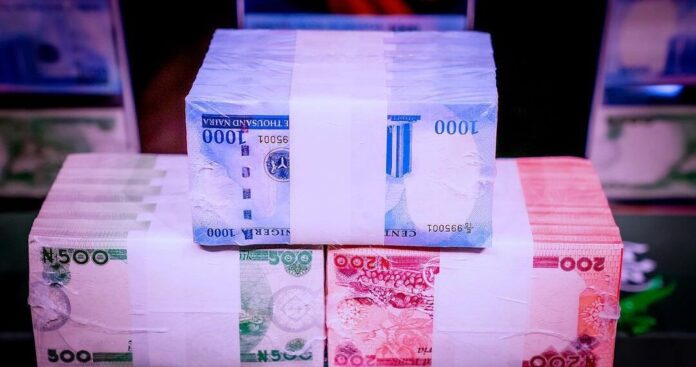Recently, Nigeria’s foreign exchange market has seen a change that is relieving pressure on the currency.
One main cause of this stability, according to forex traders, is the currency swap agreement with China, by which Chinese merchants are increasingly willing to accept naira payments for goods instead of requiring U.S. dollars.
First signed in 2018, the agreement aimed to reduce reliance on the dollar while enhancing trade between Africa’s largest economy and its most significant trading partner. The swap agreement allows companies to settle directly in naira and yuan, as Nigeria imported over N14 trillion in goods from China in 2024 alone. Bypassing the dollar improves liquidity in the Nigerian currency market and lowers transaction expenses.
The News Chronicle observed that ground-level traders are already benefiting from this change. Nigerian importers working with Chinese factories, for instance, no longer have to obtain rare currencies.
Instead, they can execute trades directly in naira, which is then translated into yuan, therefore streamlining the procedures for both parties. In industries such as mining and manufacturing, this new dynamic has been particularly evident. Chinese companies doing business in Nigeria currently accept the local currency for their activities.
Also helping to relieve pressure on the naira is peer-to-peer (P2P) forex trading. These platforms enable people to trade foreign currencies directly, reducing their reliance on intermediaries or banks. Cutting out intermediaries allows traders to profit from reduced costs and quicker access to liquidity, thereby assisting in exchange rate stability.
Notwithstanding these benefits, experts warn that the impact of the swap deal in daily transactions is still rather small. For foreign transactions, particularly medical expenditures, school costs, and remittances overseas, the U.S. dollar remains the dominant currency. Many Nigerian merchants still like dollars for their worldwide appeal, while yuan is still less liquid in unregulated street marketplaces.
Still, the reestablished $2 billion exchange agreement between the People’s Bank of China and the Central Bank of Nigeria demonstrates a commitment to strengthening economic ties. Though it won’t totally eliminate Nigeria’s dollar dependency, the sluggish uptake of naira and yuan settlements helps to steady the exchange market and strengthens bilateral trade relations.



